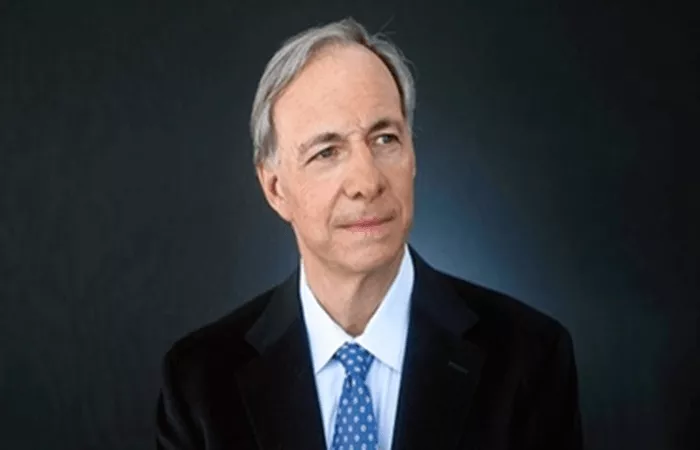Stanley Fischer, the legendary economist and former Federal Reserve vice chair who influenced generations of central bankers, passed away on May 31 at age 81, according to an announcement from the Bank of Israel. Fischer’s intellectual legacy reshaped global monetary policy and trained a network of protégés who now lead major financial institutions worldwide.
Architect of Modern Central Banking
Fischer’s pioneering work in the 1970s established key principles of activist central banking that could stimulate economies, making him a foundational figure in New Keynesian economics. His academic contributions at MIT, where he earned his PhD in 1969, laid the groundwork for contemporary monetary policy frameworks.
The Ultimate Central Banking Mentor
Fischer’s classroom at MIT became the incubator for financial leadership, educating an extraordinary roster including:
- Former Fed Chair Ben Bernanke
- Ex-ECB President Mario Draghi
- Former Treasury Secretary Lawrence Summers
- Current Bank of Japan Governor Kazuo Ueda
Ben Bernanke credited Fischer with sparking his interest in monetary policy through a recommendation of Milton Friedman’s “A Monetary History of the United States.” Fischer’s influential textbook “Macroeconomics,” co-authored with Rudi Dornbusch, became essential reading for economics students worldwide.
Global Crisis Manager
Fischer’s policy career spanned critical moments in financial history:
- 1994-2001: IMF First Deputy Managing Director during emerging market crises
- 2005-2013: Governor of the Bank of Israel during global financial turmoil
- 2014-2017: Fed Vice Chair under Janet Yellen
As Fed vice chair, Fischer often took more hawkish positions than Chair Yellen, presciently warning in 2017 against the “extremely dangerous and shortsighted” rollback of financial regulations.
From Africa to the Apex of Finance
Born October 15, 1943 in Northern Rhodesia (now Zambia) to Lithuanian immigrants, Fischer discovered economics in high school in Southern Rhodesia (now Zimbabwe). His journey took him from LSE to MIT to the highest echelons of global finance, leaving an indelible mark on economic theory and practice.
Tributes poured in from colleagues, with former IMF chief economist Olivier Blanchard calling Fischer “a brilliant economist, brilliant policymaker, but more than anything, a wonderful human being.” Fischer’s passing marks the end of an era in monetary policy that he helped define.
Related topics:


